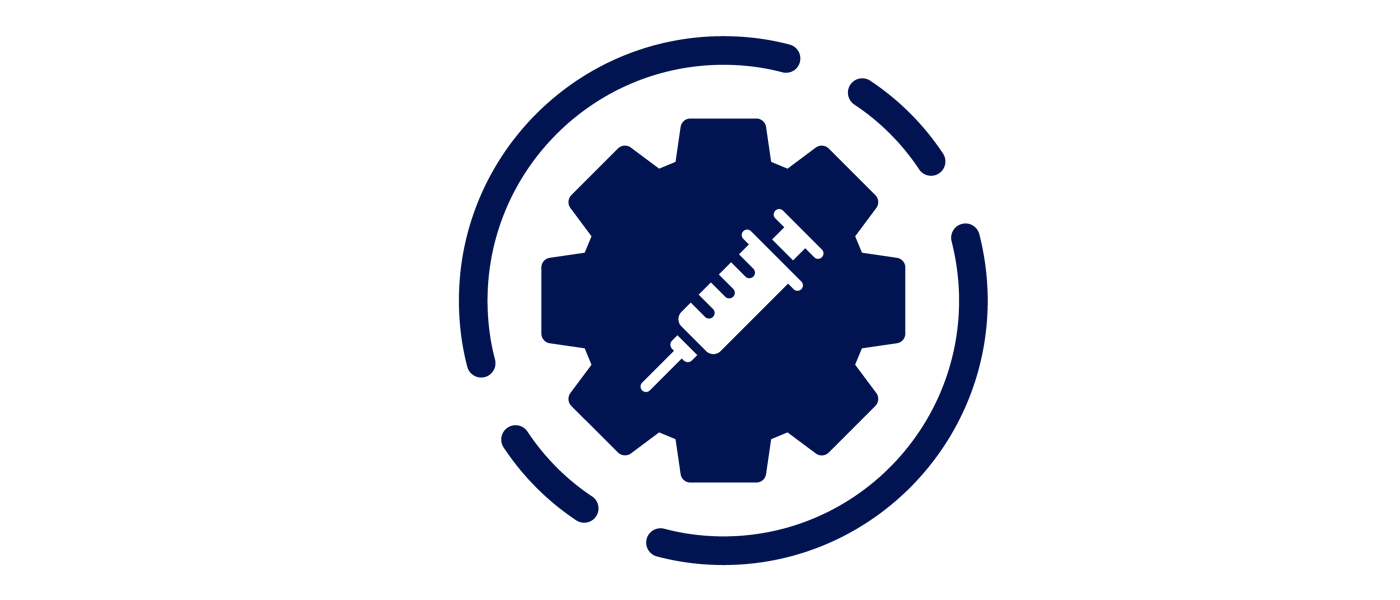Increasing Vaccine Access: Combating Malignant Catarrhal Fever in East Africa
The Increasing Vaccine Access project, led by Professor Sarah Cleaveland from the University of Glasgow, focuses on developing and implementing vaccines against malignant catarrhal fever (MCF) in East Africa. This initiative aims to protect cattle from this fatal viral disease, which has significant economic and social impacts on pastoral communities.
The Vision
The vision behind this project is to combine scientific research and policy development to address the dynamics, impacts, and implications of infections in natural ecosystems. By focusing on diseases in tropical countries, the project aims to improve the health and livelihoods of affected communities.

Development and Features
Malignant catarrhal fever is a fatal disease that affects cattle following cross-species transmission from wildebeest calves. The disease leads to the loss of cattle, food, and a significant portion of household income for pastoral populations. With no available treatments, prevention measures are crucial.
Key features of the Increasing Vaccine Access project include:

Vaccine Development
Creation of an attenuated cattle vaccine developed by the Moredun Research Institute in Scotland, in collaboration with the Nelson Mandela African Institution of Science and Technology and Global Animal Health Tanzania.

Field Studies
Conducting field studies in Tanzania to test the safety and immunogenicity of the new vaccine.

Protection Rates
Earlier field trials demonstrated a 56% protection against natural infection in Tanzania and an 80% protection against fatal disease in Kenya.
Support from the College of Medical, Veterinary & Life Sciences (MVLS)
The College of Medical, Veterinary & Life Sciences has been instrumental in supporting the Increasing Vaccine Access project. The TRI team provided essential resources and funding through various initiatives, including the BBSRC Impact Acceleration Accounts (IAA) and the Wellcome Trust Translational Partnership Award (TPA). The project was supported by BBSRC IAA, followed by a Wellcome Trust Translational Partnership Award in 2021.
Impact and potential
The Increasing Vaccine Access project has shown high levels of vaccine safety and consistently high antibody responses in locally managed cattle, regardless of body condition, sex, or reproductive status. The project addresses an urgent societal, environmental, and economic need, helping to protect both local human and animal populations and the ecosystem.
Future prospects
The team continues to refine the vaccine and expand its implementation. Their ultimate goal is to provide effective protection against malignant catarrhal fever, improving the health and economic stability of pastoral communities in East Africa.
Explore More in Our College Futures Research
Planetary Health aims to understand how environmental changes affect the health of humans, animals and ecosystems, and to find and evaluate new ways to mitigate these threats.
Health Inequalities aims to understand the causes and consequences of health inequalities and to develop and implement scalable solutions to address them.

